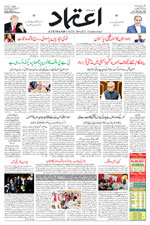Argentina withdraws from WHO
Thu 06 Feb 2025, 11:52:59
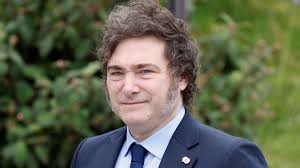
Argentina on Wednesday announced it will withdraw from the World Health Organization (WHO), following a similar move by the United States under President Donald Trump on his first day back in the White House in January.
“President (Javier) Milei instructed (foreign minister) Gerardo Werthein to withdraw Argentina’s participation in the World Health Organization,” presidential spokesperson Manuel Adorni said at a news conference, as quoted by CNN.
Argentina’s libertarian President, Milei, who considers Trump a close ally, ordered the country’s exit in response to what he described as “deep differences” regarding the WHO’s management of health issues, particularly its handling of the COVID-19 pandemic, news agency Reuters reported.
Adorni, referenced Argentina’s extended lockdown under the previous left-wing government as a key factor in the decision. He also highlighted concerns about the WHO’s perceived lack of
independence from the political influence of other states.
independence from the political influence of other states.
Milei, a self-proclaimed “anarcho-capitalist” and vocal Trump supporter, declared the WHO a harmful organisation and accused it of executing “the largest social-control experiment in history.” His spokesperson, Manuel Adorni, insisted that leaving the WHO would not lead to a loss of funding for Argentina. However, healthcare organisations such as NGO Soberanía Sanitaria warned that the exit could impact the country’s access to essential medical supplies and technologies.
Despite Milei’s announcement, critics argue that his decision is not legally binding without congressional approval. “In Argentina, the relationship with the WHO is part of a law, and therefore, in order to withdraw, another law should be approved,” said Juan Gabriel Tokatlian, professor of international relations at Universidad Torcuato Di Tella in a conversation with The Guardian.
No Comments For This Post, Be first to write a Comment.
Most viewed from International
Most viewed from World
AIMIM News
Latest Urdu News
Most Viewed
May 26, 2020
Which Cricket team will win the IPL 2025 trophy?
Latest Videos View All
Like Us
Home
About Us
Advertise With Us
All Polls
Epaper Archives
Privacy Policy
Contact Us
Download Etemaad App
© 2025 Etemaad Daily News, All Rights Reserved.

.jpg)
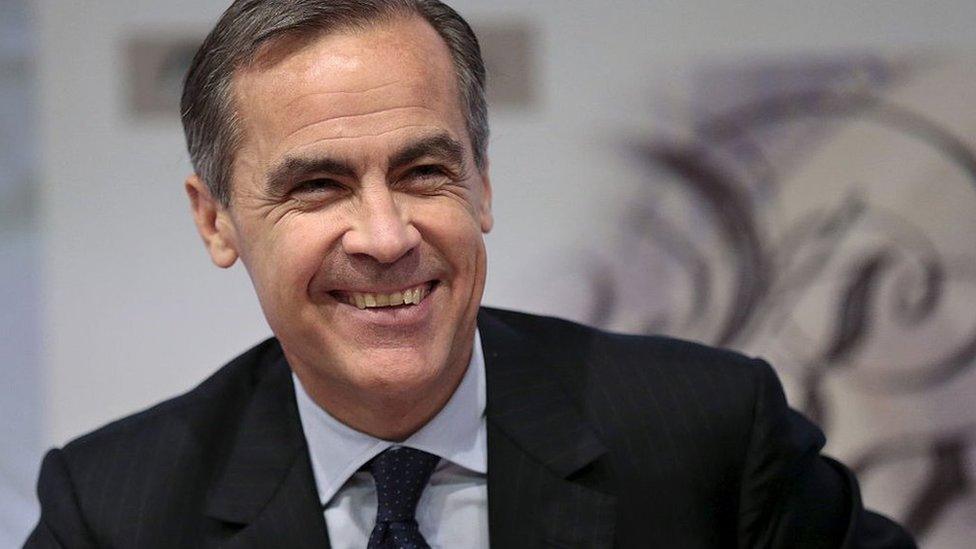
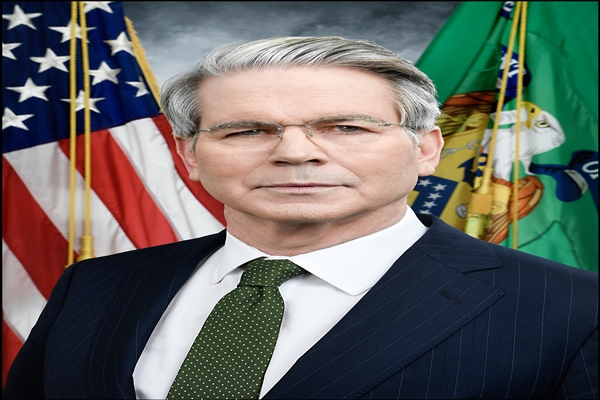

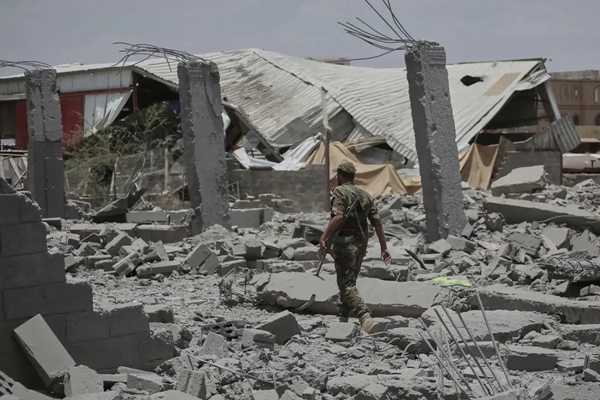
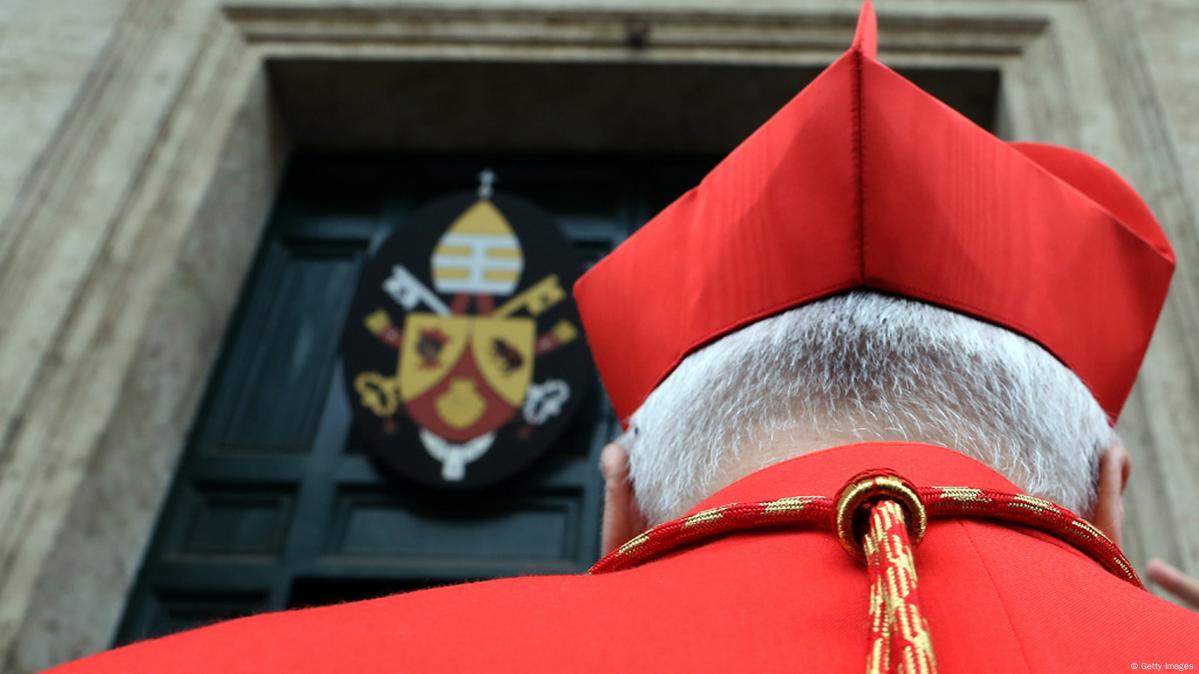

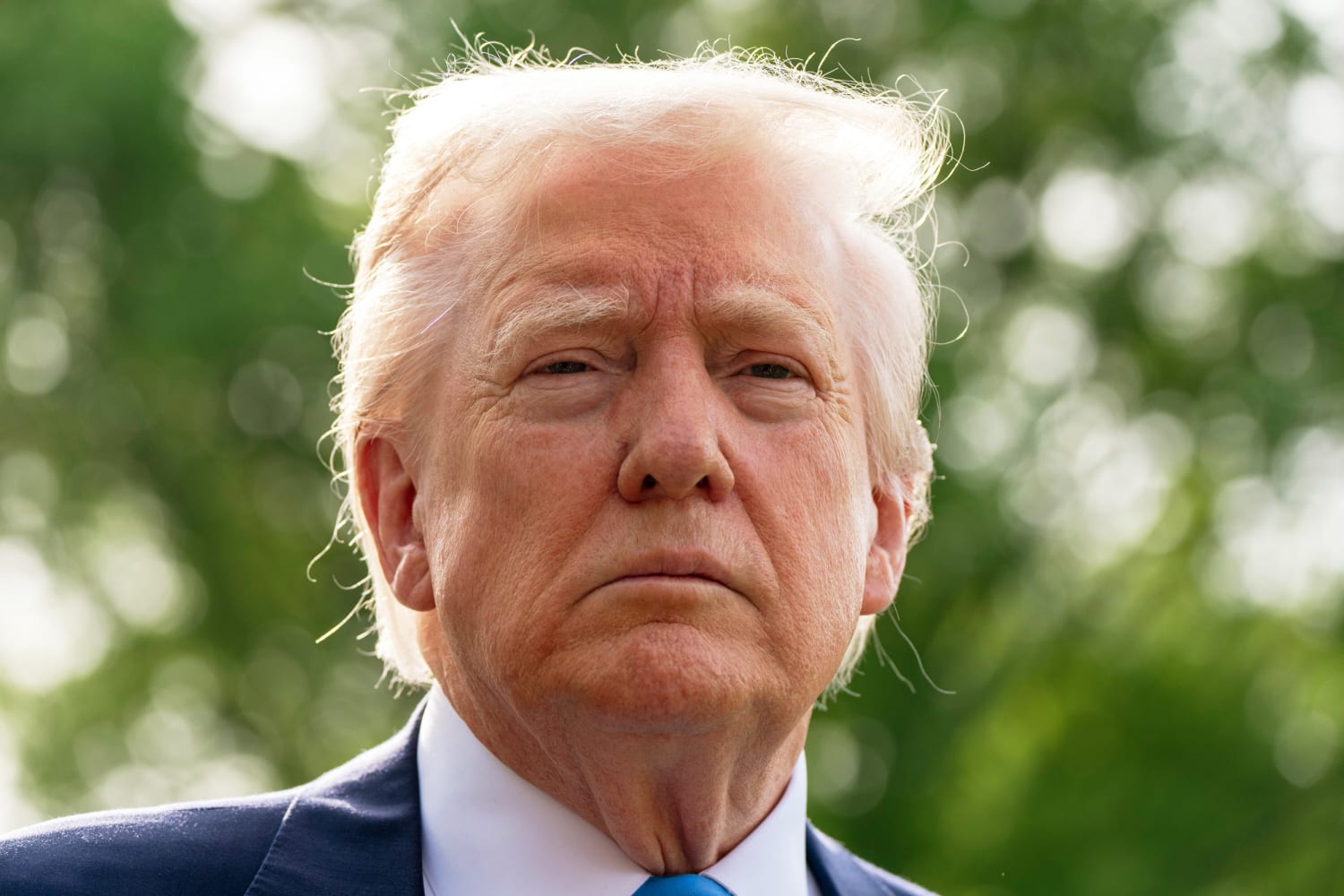

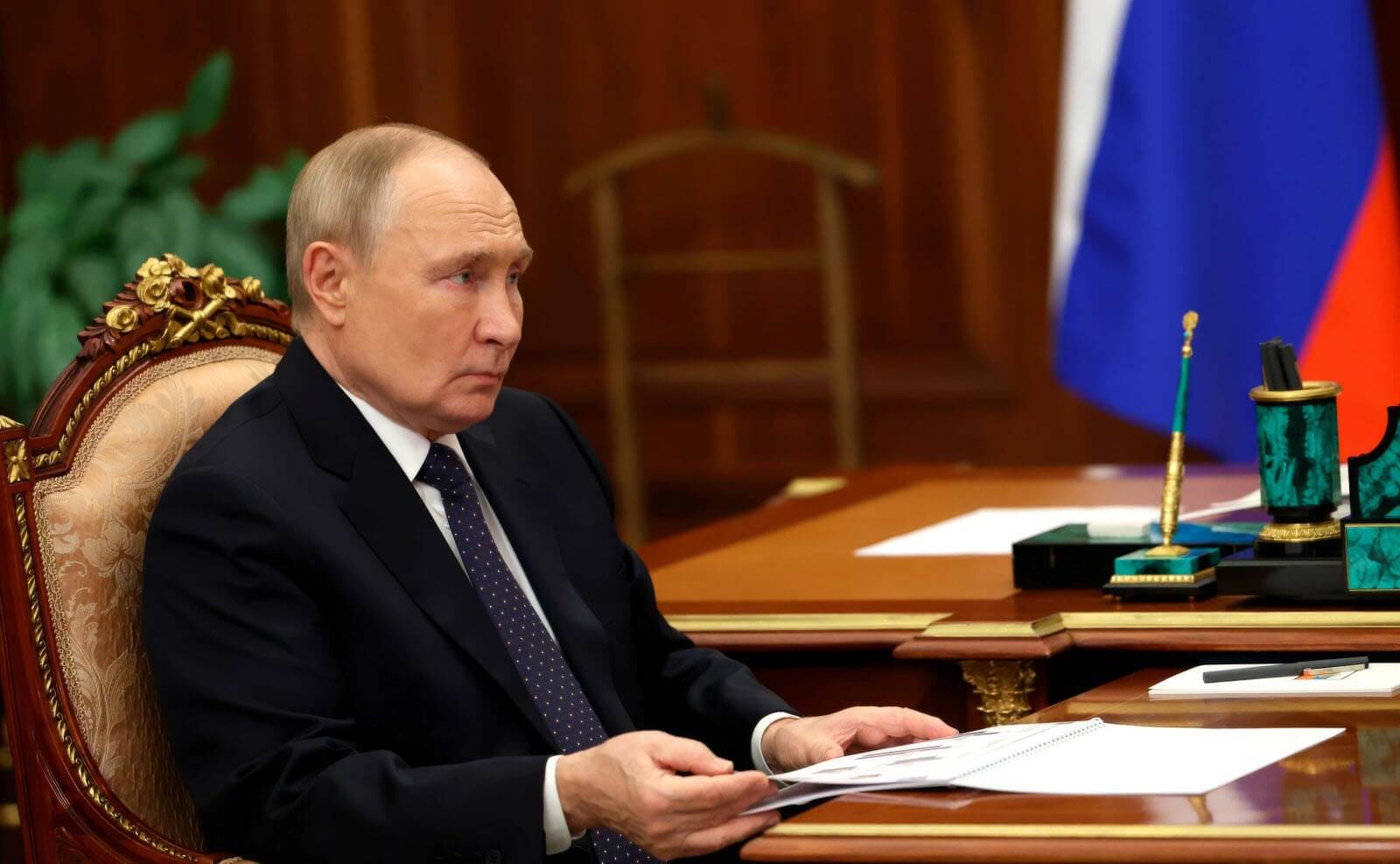

.jpg)
.jpg)
.jpg)
.jpg)
.jpg)
.jpg)
.jpg)
.jpg)
.jpg)
.jpg)



